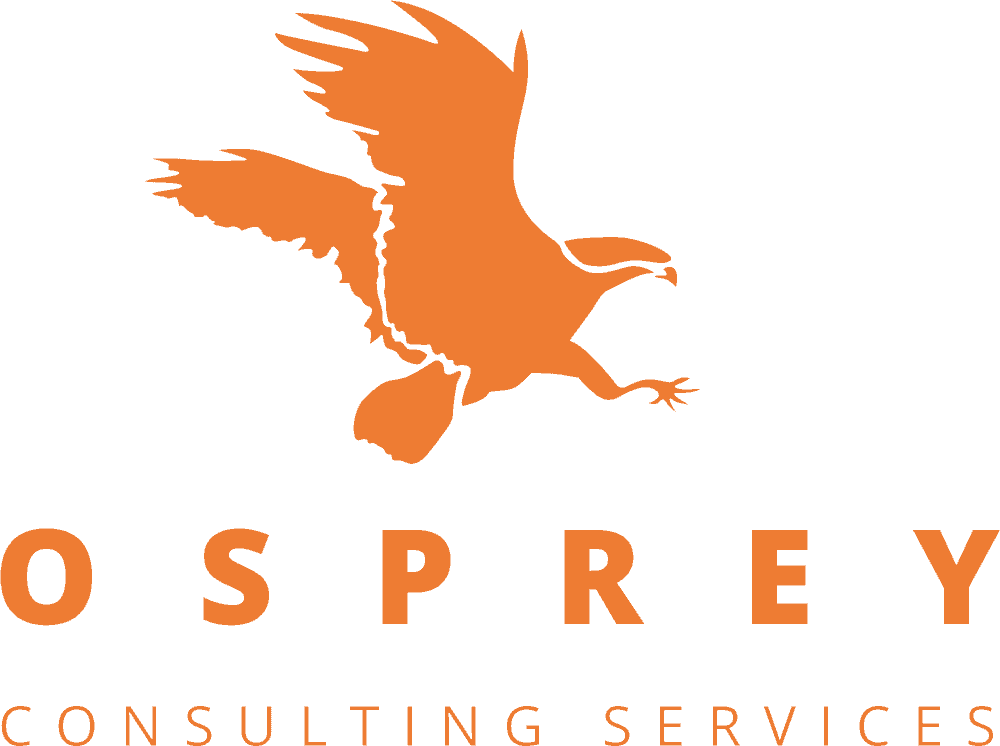Ospreys approach is based on industry best practice across various civil and military domains, in most cases we are able to bring good practice from across different domains. We believe in an open, honest and collaborative relationship with our clients, this enables our clients to be fully informed of the safety programme throughout the project lifecycle.
Osprey have extensive and varied experience of all aspects of Functional Safety Engineering having supported a diverse range of platforms, weapons systems, equipment, and services in all areas of the project lifecycle in both defence and civil sectors.
At Osprey, our teams of suitable qualified and experienced engineering consultants can support you in the following areas:
- Safety engineering and management activities in accordance with industry-specific standards e.g. Aerospace Recommended Practice (ARP)4761, ARP4754, Defence Standard (DEF STAN) 00-56, Civil Aviation Publication (CAP) 670 (inc SW 01) EUROCONTROL Safety Regulatory Requirement (ESARR)-4, CAP 722
- Safety Risk Assessment and As Low As Reasonably Practicable (ALARP) recommendations in accordance with the relevant regulatory policy
- Bow Tie Modelling, consisting of Fault Tree Analysis (FTA) and Event Tree Analysis (ETA)
- Failure Modes and Effects Analysis (FMEA)
- Human Factors Analysis
- Competence in the application of MOD ASPIRE process and delivering outputs such as Type Airworthiness Safety Assessment (TASA), TASA Report (TASAR), Risk to Life (ECtRtL) reports etc
- Development of safety process and procedure for Acquisition and In-service Platforms equipment and services
- Development and maintenance of effective Safety Management Systems (SMS)
- Development of Safety Management Plans
- Design for Reliability (Design Failure Analysis)
- Reliability Requirements Capture
- Basic Reliability and Mission Reliability
- Reliability Test Requirements
- Reliability Hazard Analyses
- Mean Time Between Failures (MTBF) / Failure Rates Analysis

